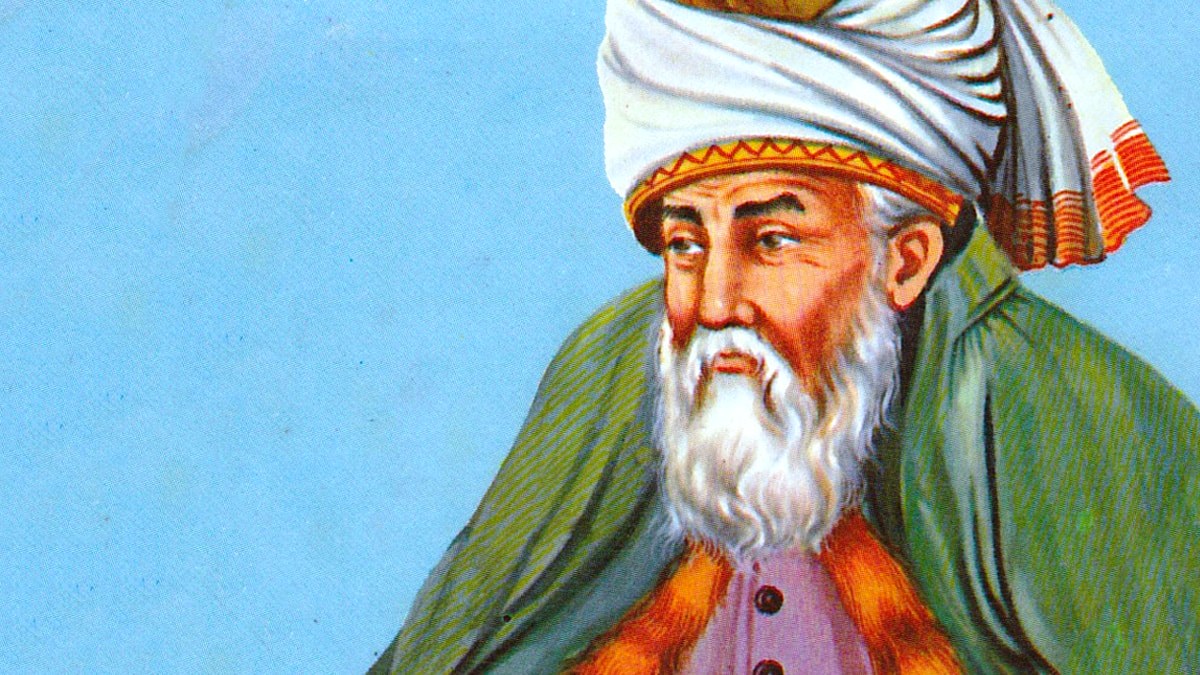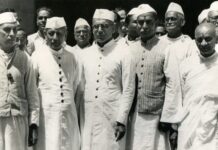by Shabir Mir
True Colours by Sufi Auqib, a Kashmir based young writer, is the latest addition to the list of self-published Kashmiri writing in English. For a change, however, the self-publishing platform is also Kashmir based in sharp contrast to the other self-publishing Kashmiri-English fiction that we have seen so far.
True Colours also marks the debut of this self-publishing Kashmiri platform- Fresh Code Books. And from the looks of it, it seems to have done a fairly decent job. For starters, they have roped in a professional editor, and consequently, the text of this novel is free of any bad grammar and textual errors, which, otherwise, has become a norm for our self-publishing works of fiction. This comes as a big relief. Fresh Code books also had an impressive book launch of this novel in Srinagar.
That is how it ought to be; a publisher should create enough hype particularly when launching a new author so that the work is brought into the attention of prospective readers. The rest then is up to the talent of the author and the merit of the published work. Most (if not all) of our recently self-published authors have missed on these crucial publishing services. For them, a publisher has merely been a printer and a seller.
Fresh Code Books has also made it sure that the novel is available at all the leading book shops of Kashmir Valley and across various e-marts ensuring that the novel has enough market penetration. Therefore, the publisher, if they keep on building-up on the good work they have done with True Colours, can surely emerge as the first choice of authors who wish to go for self-publishing. Albeit, it must be said that Fresh Code Books need to widen their platform; they must not solely focus on Kashmiri readership market; they must try to tap into the wider Indian readership market to give their authors a better chance.
True Colours clearly belongs to the genre of YA (Young Adult) fiction. The author makes no bones about it. There are no pretensions of literary grandeur or aesthetic epiphanies from the author’s side. He has written a teen love story in a teen idiom and largely for a teen audience. Even the editor in her note notices this ‘raw, simple and naïve way of writing.’
Faizan and Aaina are two typical dreamy-eyed teens who have just stepped into the exciting and exuberant world of adolescence. High on hormones, they go through the regular motions of a typical teen relationship complete with WhatsApp chats, Facebook jealousies, clichéd birthday gifts, tuition-bunking, scooty drives, lunch-outs, break-ups, heart-ache and many other things. This all is wrapped up with a climactic scene that is high on sentimentalism but still manages to end on a positive note. True to the traditions of YA fiction, Sofi Aquib throws a couple of steamy scenes too. And as is bound to happen for a world whose greatest tragedy is a phone call that is not returned, the tragedy of the teen world is quite amusing.
The novel could have, however, done with some flab cutting. It is unduly long mainly because of useless detours and plot digressions which serve no purpose at all. Case in point being the Gulmarg trip that Faizan and his friends undertake. The trip neither adds to the plot nor reveals the character of any of the protagonists nor does anything that could have any bearing to the rest of the novel. One can snip it out and the novel would be better for it.
Similarly, there is a superfluity of friends who pop up every now and then from nowhere and disappear even quicker, never to be heard of again. Only a few friends are essential and consequential to the main plot, the rest of them are just props to sustain conversations and hold no interest whatsoever.
Nevertheless, it remains to be said that within the limitations of the genre of YA, Aquib has done a good job. He has not broken any new ground in narration; he has not created a metaphor out of teen trouble and teen confusion; he has not complicated unnecessarily a world satisfied in its tropes of tuitions and bikes and fast food outlets; he has not bought a fresh or different perspective to that naïve mind that struggles to free itself from the conventions and mores of childhood.
He hasn’t done anything of sorts; what he has rather done is to write an ordinary story about ordinary young people with sincerity and simplicity that tugs at our heart. Not because we do not know better but because at some time in our life, we all have been there, done that.















